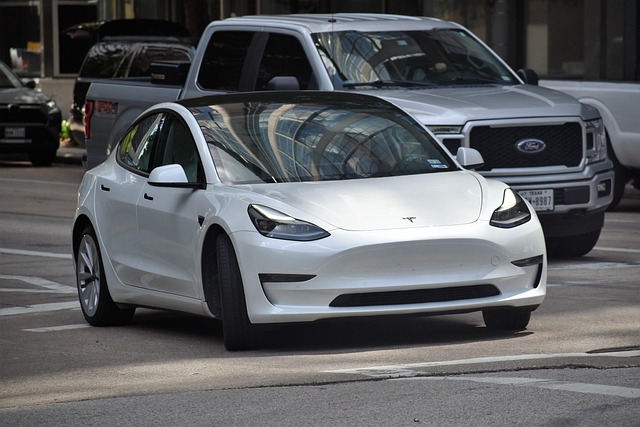In today’s rapidly urbanizing world, efficient parking solutions have emerged as a crucial element in the pursuit of sustainable development. As cities expand, the need for effective parking efficiency becomes paramount. Poorly managed parking results not only in frustrated drivers but also contributes significantly to increased carbon emissions, a phenomenon that hampers our efforts to achieve carbon-neutral urban environments.
Parking efficiency can transform how urban areas function. By implementing smart technologies, cities can optimize the use of existing parking facilities, minimizing the need for additional spaces. Smart parking systems, which use sensors and mobile applications, can guide drivers to available spots in real-time, reducing the time spent circling blocks in search of parking. This not only cuts down on fuel consumption but also directly lowers the ecological footprint of urban transport.
Furthermore, innovative parking solutions can be integrated with public transport systems. By providing seamless transitions from cars to buses or trains, cities can encourage the use of greener transportation methods. This holistic approach not only enhances parking efficiency but also advances the goal of reducing our collective carbon footprint.
Adopting green technologies is essential in this journey towards carbon neutrality. Solar-powered parking meters, electric vehicle charging stations, and eco-friendly materials for parking structures can significantly reduce the environmental impact of parking facilities. By embracing such innovations, cities can set a benchmark for others, fostering a culture of sustainability.
Transitioning to efficient parking systems also involves promoting policies that encourage carpooling and the use of electric vehicles. Such initiatives can enhance parking efficiency while fostering a greener urban landscape. Local governments and policymakers must recognize that parking is not just a matter of convenience; it is a significant player in the broader narrative of urban sustainability.
Ultimately, the vision for carbon-neutral cities cannot be fully realized without addressing parking efficiency. As we look to the future, integrating sustainable practices into every aspect of urban planning is essential. A comprehensive approach to parking that emphasizes innovation and green technologies will be a key driving force in promoting healthier, more sustainable cities for generations to come.




